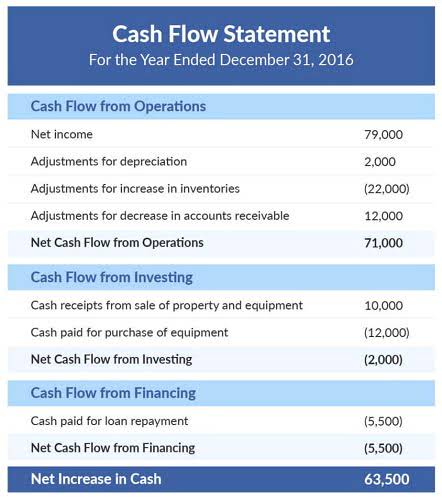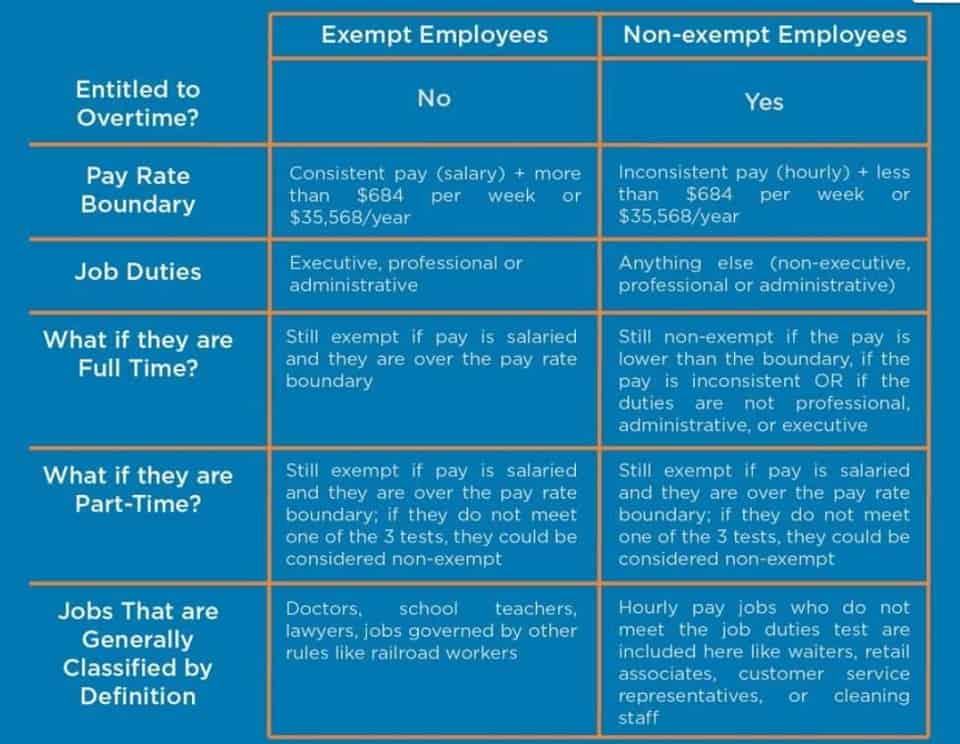
Streamlining your trust accounting system is achievable once you understand the rules and have the right tools to optimize your processes. One of the core functions of a trust is to ensure that there is no commingling between client funds and the lawyer’s funds. It may seem like a lot to handle, but nobody ever said entrepreneurship was going to be easy. With trust accounting, like all things, once you put good habits into practice, they become second nature over time. For example, an exemption in Missouri allows lawyers to forego their trust account for flat-fee services under $2,000. A typical revocable living trust names the surviving spouse as the primary beneficiary, Bookstime with children as the successor beneficiaries.
Why Law Firms Are Embracing Matter Management Solutions
When making this decision, it is vitally important that you review the rules in your state, particularly if you are thinking about selecting a non-lawyer. You should also consider the fiduciary duty that comes along with handling client funds. It is your responsibility to ensure that anyone with access to that trust account exercises an appropriate level of care.
- With this in mind, let’s look at some common mistakes attorneys make when handling accounting for trusts.
- In some cases, a business might need to pay for customer expenses using the money held in the liability account.
- When the person who created the trust passes away, the trustee will manage the trust according to the instructions in the trust agreement, distributing the assets to the beneficiaries.
- The website you are linking to will have legal notices, privacy policies, or other requirements that differ from those of LTCFEDS.gov, so you may want to review them.
- Some companies also offer discounted estate planning services as part of their employee benefits packages.
- An irrevocable trust cannot be altered or revoked without the beneficiary’s consent, typically to protect assets from creditors or reduce the grantor’s taxable estate.
Can You Withdraw Money From a Blind Trust?
- The significance of IOLTA accounts extends beyond their financial contribution to legal aid; they reflect the legal profession’s commitment to social responsibility and the principle of justice for all.
- For example, attorneys may be able to forgo trust accounts when storing client funds if the money is under a specified limit.
- While the horror stories are true (usually negligent cases), you can get ahead of common issues by familiarizing yourself with the rules and streamlining processes as much as possible.
- A testamentary trust, also called a will trust, specifies how your assets are designated after you or your surviving spouse, the grantor, dies.
- Simply sign up for MyCase by 11/30 and process a payment of $500 or more through the LawPay integration within the first 30 days of use.
High-value assets may enhance financial security, help minimize estate taxes, and protect them from creditors. When using the customer method, you must know what is in the total sum of the parent account. The Bar Association wants to see that you know to the penny what is in each account that totals the entire trust bank account balance. Firms can also use their operating funds to cover client expenses and bill that back at the time of invoicing when the revenue is earned.
Choosing the Right Trustee
Hiring an estate planning attorney to set up a trust and transfer your assets often costs over $1,000. Doing it yourself with an online will maker is more affordable, but can require more effort. The significance of IOLTA accounts extends beyond their financial contribution to legal aid; they reflect the legal profession’s trust accounting for lawyers commitment to social responsibility and the principle of justice for all. This program manages client funds held in trust by lawyers, which are typically nominal in amount or deposited for a short period only. Any interest earned on these funds is pooled together and used for legal aid, increasing access to justice for those who are unable to afford it. This article will demystify trust accounting for lawyers, covering everything from tips and best practices to creating your process.

Through her business, The Legal Writing Studio, she helps legal professionals deliver effective written messages. Erika is a regular contributor to TimeSolv and a variety of other publications. You’ll next need to create the appropriate documents to put the right legal arrangement in place. Forbes free templates that you can use, as the specific language you need to include can vary by state.

Best practices
In our experience, most families do not need a professional trustee and are better off with naming family members to serve as successor trustee. After that, you cease communication with the trustee and have no further knowledge of how the trust’s assets are being handled. Usually, complex estates are best served by estate lawyers who can advise on the best long and short-term arrangements. You can read more about our commitment to accuracy, fairness and transparency in our editorial guidelines. In addition to privacy and asset protection, a trust may make it possible for you to qualify for Medicaid or long-term care without having to “spend down” your retirement savings to meet asset limits. Considering that the Health and Human Services department estimates that Americans over the age of 65 have a 70 percent chance of needing long-term care at some point, this benefit is significant.
- Appreciate the subtleties of trust accounting rules and the severe consequences of violating them.
- When handled properly, this clean separation of funds ensures compliance with attorney trust account rules, maintains ethical behavior, and reduces the possibility of legal troubles.
- Erika is a regular contributor to TimeSolv and a variety of other publications.
- Stringent rules apply, and states are required to seek recovery of benefits from the participant’s estate after his or her death.
- Legal payments software can also help keep attorney and client funds easily separated.
- All 50 states have an IOLTA program, and participation is mandatory in most.
Contents: Guide To Accounting for Lawyers: Everything You Need to Know

Trustees are responsible for overseeing the trust assets, ensuring the trust is conducted appropriately, monitoring expenses, accounting for and reporting on trust assets, and preparing tax and regulatory filings. If you are looking at the trust account statement and the amount is say, $1000, but you don’t know that someone withdrew $50 retained earnings balance sheet over an hour ago, you’re not looking at real-time data. This matters because at this point, your accounts are out of balance.
That’s why you need to be diligent and ensure that each account is tracked with a full paper trail of statements so you can ensure that no funds were accidentally used improperly. Attorneys striking out on their own—either as newly-minted bar members or as veteran attorneys hanging their shingle—will have to deal with a frustrating obstacle course of bar rules. Get regular updates from our blog, where we discuss asset protection techniques and answer common questions. A blind trust is supposed to eliminate any real or perceived conflicts of interest.